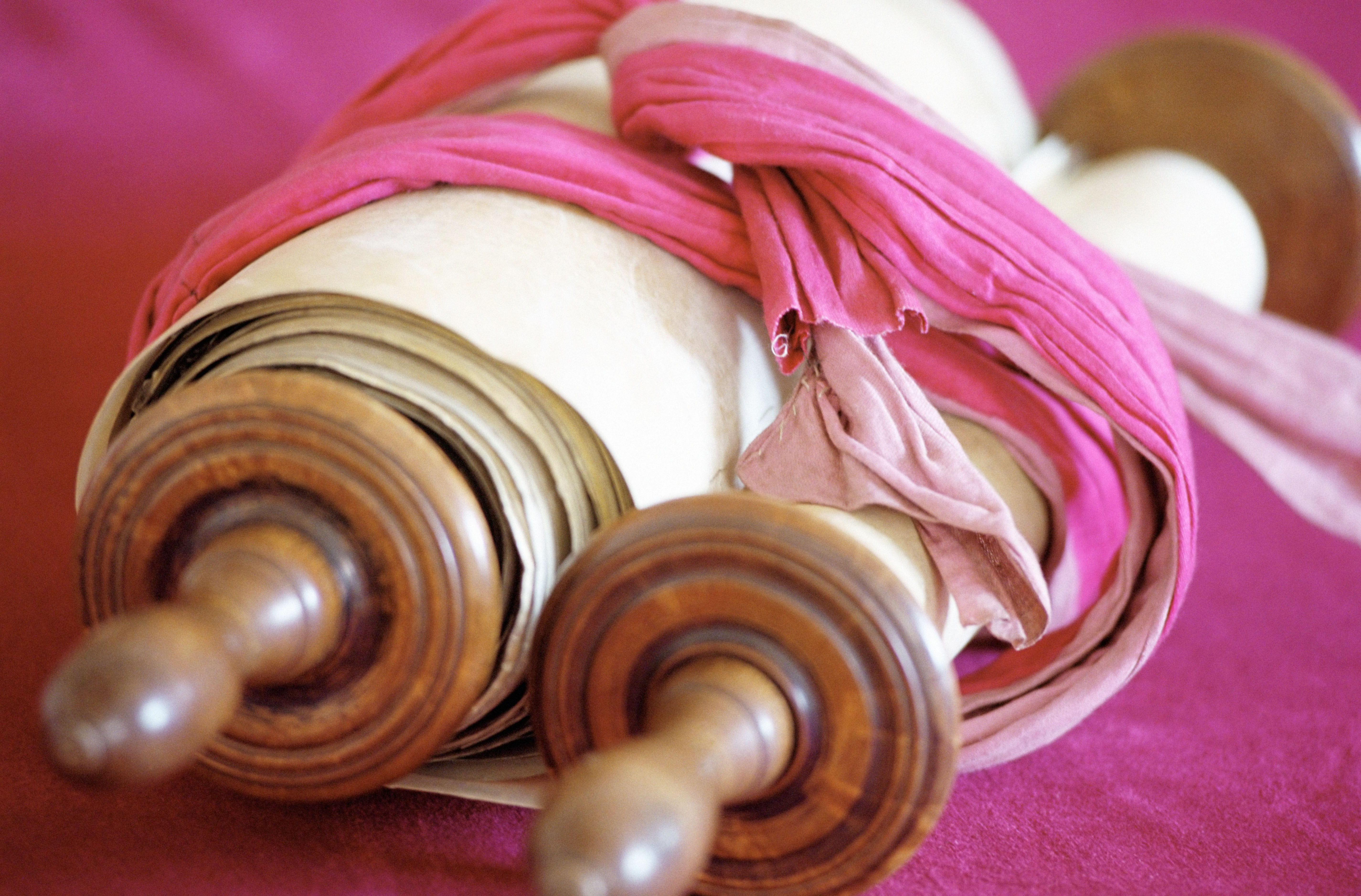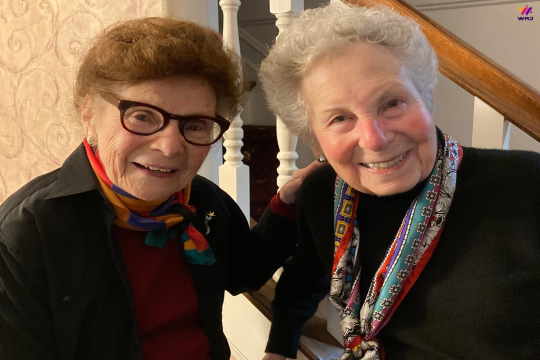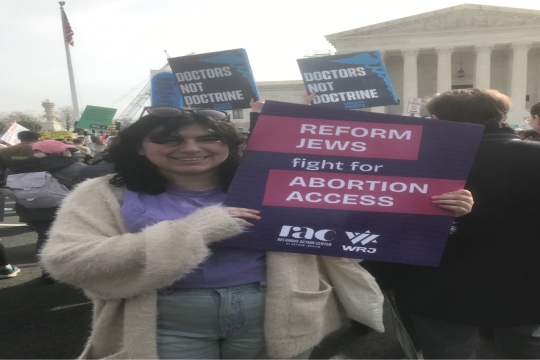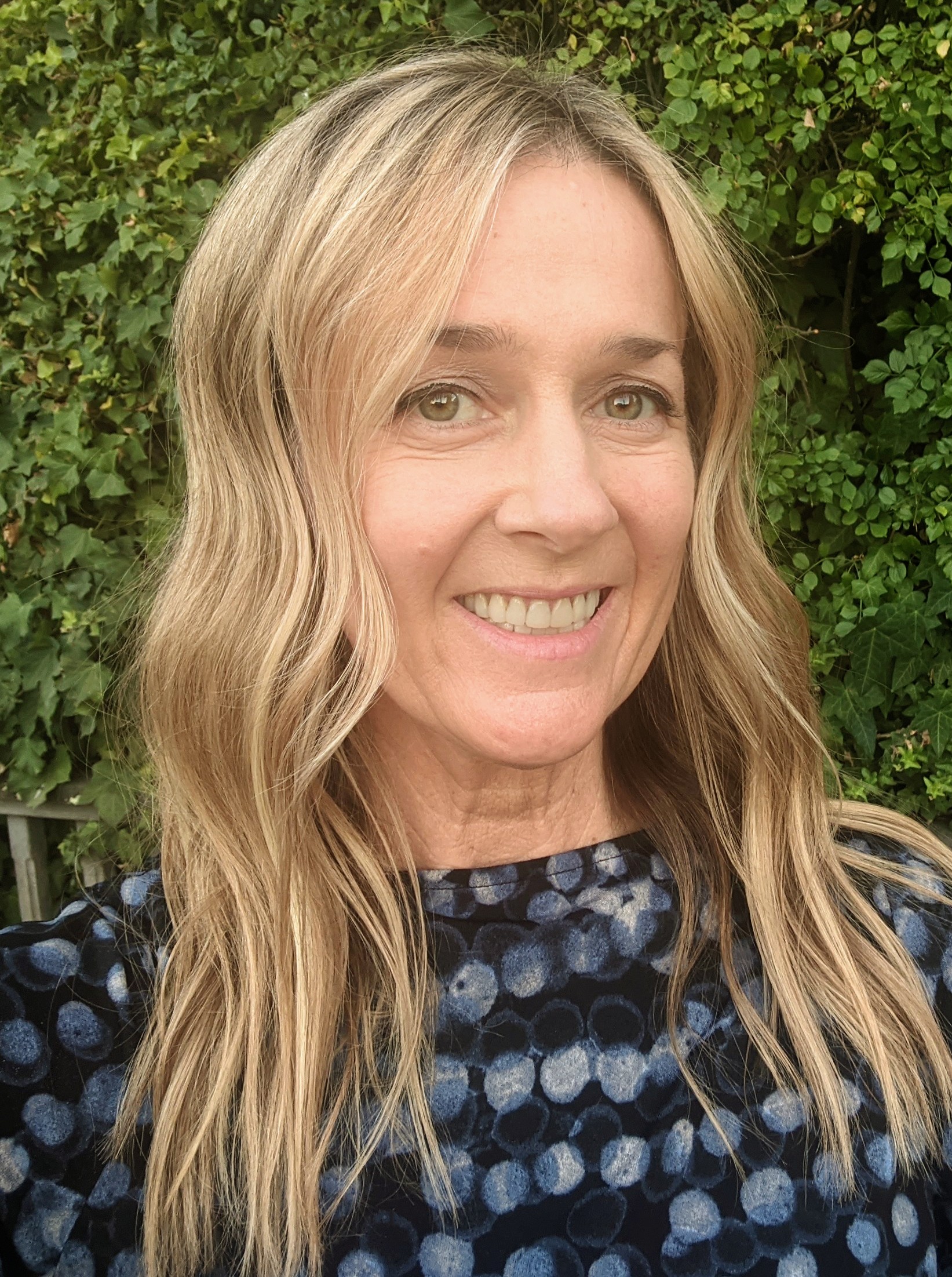
This Shabbat marks the 49th anniversary of Roe v. Wade, the landmark Supreme Court decision that legalized abortion nationwide. Almost five decades later, we still have a long way to go in the fight for abortion rights and access. And lately, it seems we’re moving backward, not forward. Since 2011, anti-abortion politicians seeking to advance their own ideological and moral extremist agendas have pushed hundreds of restrictive laws through state legislatures, ranging from medically unnecessary restrictions to outright bans on an individual’s right to choose. Federal courts have failed to support the constitutional right to obtain an abortion established in Roe and instead have upheld anti-abortion laws chipping away at it. In reality, a majority of Americans – including people of faith – believe abortion should be legal all or most of the time. It is a terrible misconception and over-generalization that religious people are anti-abortion. Many people of faith support abortion rights and access. It is time for us, as Reform Jews, to help reclaim the faith-based narrative: Judaism permits abortion. Reproductive freedom is a Jewish value. Our Jewish values compel us to support the right to bodily autonomy and governance over our own lives and futures, including full access to safe and legal abortion as basic health care. We’ll see supporting verses in next week’s Torah portion, Parashah Mishpatim. This week’s Torah portion, Parashah Yitro, sets the stage for our work, reminding us that to create a just and equitable society reflective of our values, we need to share leadership, stand together, and strengthen relationships across lines of difference.
Last week in the Torah, we celebrated the Exodus from Egypt, the Israelites’ escape from slavery, and the miraculous parting of the Sea of Reeds. We sang and danced with our ancestors – following Miriam with timbrels in hand! - as they made this important step towards freedom, knowing their journey had only just begun.
Using the Exodus analogy, Martin Luther King, Jr. described the long road to justice in his last book, Where Do We Go From Here: Chaos or Community?
We still have a long, long way to go before we reach the promised land of freedom. Yes, we have left the dusty soils of Egypt, and we have crossed a Red Sea that had for many years been hardened by a long and piercing winter of massive resistance, but before we reach the majestic shores of the Promised Land, there will still be gigantic mountains of opposition ahead and prodigious hilltops of injustice.
The Israelites’ journey to the Promised Land was long, similar to our journey towards justice and freedom – including reproductive freedom - today. How will they – how will we – get there? By working together.
After the Exodus, Moses receives a visit from his father-in-law, Yitro. Moses is working as a magistrate, serving as an intermediary between the people and God, day in and day out. “Why do you act alone while all the people stand about you from morning until evening?” Yitro asks Moses. “The thing you are doing is not good; you will surely wear yourself out, and these people as well,” Yitro advises Moses to delegate authority to trusted judges who will seek his counsel only in the most difficult cases. Yitro is concerned not only for Moses but for the people as well. Moses alone cannot support the affairs of justice in his community. In order to establish a fair and equitable justice system, Moses must learn to engage and mobilize a new generation of leaders to help him.
Yitro is not an Israelite; he’s actually an “outsider,” a Midianite priest. Yet he is a wise and seasoned leader, an impartial observer willing to share his knowledge, understanding, and wisdom with Moses. Yitro teaches Moses the value and importance of a different perspective. Sometimes we need insight from the outside to demonstrate what else is possible for us.
Yitro’s message continues to resonate today. How often do we stand alone, trying to make a change? How often are we exhausted by the overwhelming burden we feel to accomplish the task by ourselves? Yitro reminds us that the task of justice is too much for one person to bear. We have a responsibility to reach out to others and find ways to work in partnership. The real strength of leadership comes from listening, sharing, and realizing that what we accomplish together is greater than anything we do alone. There is holiness in collaboration and building community, sharing our stories, and opening our hearts to one another. By meaningfully involving other people in our work, we show respect for talents that others possess, and we learn better ways of doing things. We build trust, motivation, and commitment. It’s how we build our power as social justice advocates and, ultimately, how we change our world.
The journey to reproductive freedom is long and challenging, and as the last decade has demonstrated, we still face “gigantic mountains of opposition” and “prodigious hilltops of injustice.” Even where I live, in California – a reproductive freedom state with a legislature that supports abortion – we must do more to ensure equity and access to everyone who needs it. Just because abortion has more legal protection here does not mean it’s readily accessible to all. Many Californians struggle to afford the procedure and/or live far from a clinic that provides it. Those who do make it to a clinic are harassed by hostile anti-abortion protesters hovering just outside the clinic doors. I volunteer as a patient escort at my local Planned Parenthood health center and am appalled at how aggressive and mean these protesters can be. They accost anyone walking by or driving in or out of the clinic parking lot, imposing their moral certainty, attempting to shame and intimidate, handing out inflammatory and medically inaccurate literature, and creating a serious safety hazard for all – not to mention inflicting serious emotional distress. I’ll admit it’s not easy for me as a patient escort to have protesters yelling repeatedly in my face that I’m supporting “murder” and “baby killers,” that I’m “violating God’s law” and “God will judge me for what I am doing.” I can only imagine the impact this vicious rhetoric has on patients having to make a difficult and personal decision.
Bottom line: as we continue to fight for abortion rights and access, our collective voices are more important than ever. Let us remember the lessons of Yitro: Organize and mobilize, and connect with community partners. Let us reach out to others to help us with this work, expanding our influence and strengthening our impact with new connections, relationships, and partnerships. Let us reach across lines of difference, remembering that different perspectives offer us new insights, inspiration, and strength. And let us lift up the voices of people of faith who advocate for reproductive health, right,s and justice. Women of Reform Judaism (WRJ) has been a leading advocate for reproductive health and rights – including safe abortion services – for many decades. Our work is grounded in the core belief that each person should have agency and autonomy over their own bodies. Join us! Subscribe to WRJ’s Advocacy Matters e-newsletter to keep informed about opportunities for education, action, and advocacy. Find out who is advocating for reproductive health, rights, and justice in your local community and how you can contribute to their work. Together, we will continue the fight to create a world of justice and freedom for all bodies, where we make choices freely and determine for ourselves the future we intend to create.
Karen Goldberg is the WRJ Secretary and also currently serves as WRJ Pacific District Vice President of Action & Advocacy. She is a past president of Women of Isaiah in Lafayette, California. Karen is passionate about Torah, Israel, and social justice, and loves helping people find ways to share their stories and build connections with others in their own communities as well as around the world.
Related Posts

Celebrating 100 Years: A Journey Through Time
Celebrating the Mothers of Israel: A Women’s Seder


